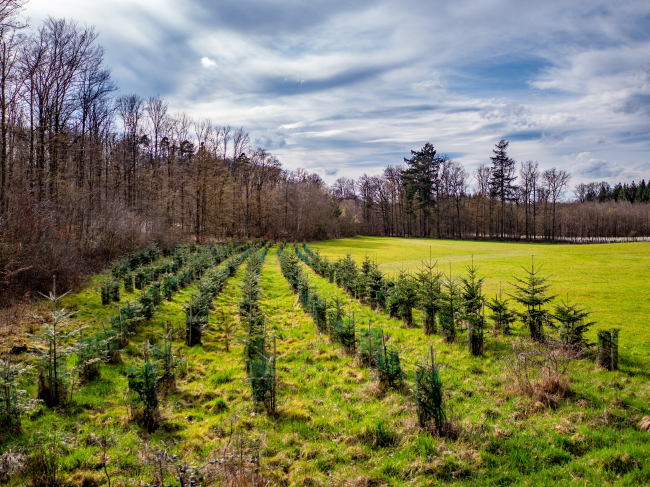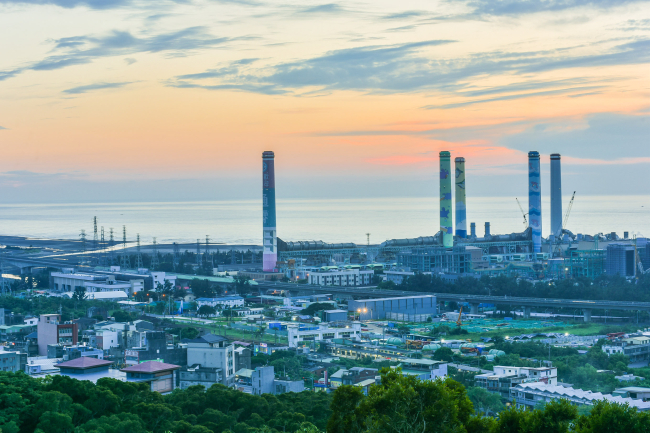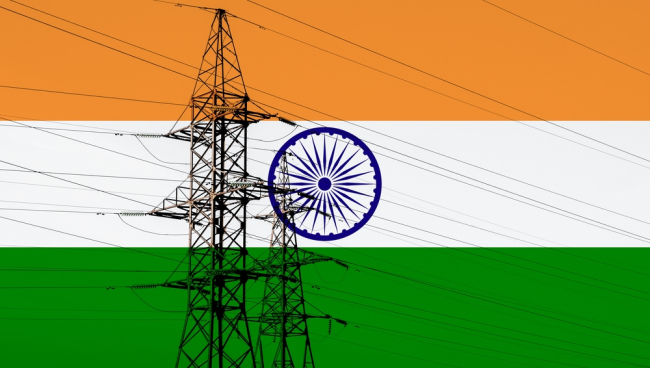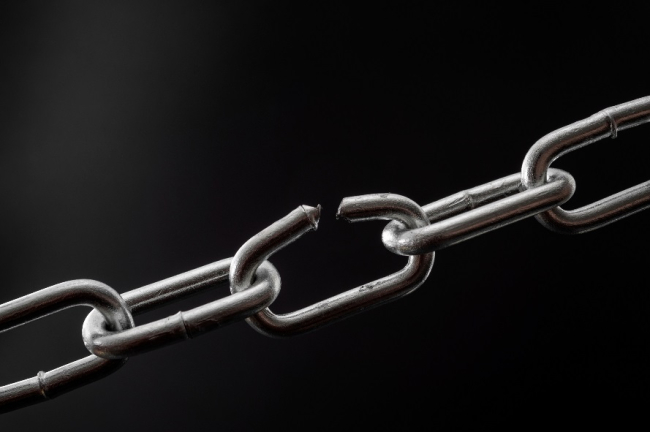Trans Caspian Gas: A Worthy Teething Ring for Europe's Energy Diplomats

As an early task in its efforts to build a common external energy policy, the Commission has announced it will turn its attention to bringing the vast gas resources of Turkmenistan to European consumers. This will be an excellent place for the Commission to test its ability to speak with one voice for its polyglot constituency. First, their task may be facilitated by the fact that on this topic, no European voices are yet particularly audible.
Secondly, pipeline gas is a good energy topic for the Commission as the Community seldom needs a common voice in LNG or crude markets where buyers and sellers abound. Pipeline gas from a distant supplier across multiple jurisdictions carries with it a collective vulnerability for all European consumers.
Third, there are so many challenges to reaching any meaningful arrangement with Turkmenistan and the timeline so long that few commercial players are ready to invest their own time yet.
Fourth, since early challenges to any such transport system will initially be at a national level involving Russia, Iran and Azerbaijan - these are issues better handled at an EU level.
And finally, there are sufficiently few major commercial players in this game that formulating a common EU position is less likely to founder on the shoals of Member States" demonstrated willingness to subordinate collective community objectives to protecting or improving the bottom lines of their national champions.
There is a great deal of work to be done before commercial entities will be negotiating price, quantity and deliveries of Turkmen gas in Europe. Turkmenistan does not have a hospitable investment climate. The only major operator with an onshore play is China’s CNPC and they are seeking to stake out a favorable position in Turkmenistan’s southern gas fields - the fields that would supply Europe. Also, those gas resources have not been delineated and no financial institution will be ready to lend to a major infrastructure project to transport that presumed gas westbound until a lot more is known. A smaller bite for energy diplomats might be to negotiate the landing of Turkmenistan’s mid-Caspian gas production in Baku for onward sale as far as Greece.
President Berdymukhamedov will need assurances of sustained political and material support from potential European gas-buyers before he will be prepared to announce the launch of a Trans Caspian strategy that he knows will make Iran and Russia very unhappy. With a thousand kilometers of border with Iran and a reasonable anxiety that Russia will not take such news passively, the President will take considerable comfort in clear and present European support.
Across the Caspian, on the other side of a long-disputed mid-point at Serdar/Kuppaz, is Azerbaijan whose President has struck up a decidedly different dialogue with his Turkmen counterpart than was the case between his father Haidar Aliyev and former Turkmen President Niazov. But just beneath this more cordial dialogue, until such time as Azeri gas from both Shah Denis I and II is flowing through new infrastructure to European markets, it seems unlikely that the Azeris will be interested in seeing Turkmen gas setting the commercial terms of trade for Caspian gas in European markets. Finding more gas in Azerbaijan may slip it even further. There are plenty of sturgeons or other red herrings like mud volcanoes that Baku can discuss until they are ready for Trans Caspian gas. It could be noted that you don’t need to know where the Caspian midpoint is to cross it.
Further along the pipeline to Europe live the Turks. Turkey has been a significant impediment to Azeri gas being able to trade directly into states further west. It appears many of these issues have been resolved. Hopefully by the time anyone is seriously discussing Turkmen gas transiting Turkey, Ankara will have identified and successfully negotiated how it will extract its value from transit gas.
Even further along the pipeline reside the eventual European customers. They may indeed have been the greatest impediment to the early flow of Azeri gas to Europe as it has been unclear whether Europeans really wanted Azeri gas up until now. After all, major western gas companies have long worried that Azeri gas might introduce Europe’s first experience with gas-on-gas competition. That would be fairly disruptive of the established order between Norwegian and Russian suppliers and the major European gas players.
With recent developments, there is the prospect of strengthening European gas demand both to offset increasing volumes of intermittent renewable electricity and to compensate for lowered nuclear capacity projections coming on the heels of Fukushima. This greater gas demand may allow the accumulation of sufficient commercially driven demand to underpin the financial support needed for such a project. That is unless the growing availability of LNG at moderate prices from an increasing number of suppliers around the world completely undercuts the economics of a pipeline that would run thousands of kilometers through a multitude of jurisdictions - some fairly fragile.
Anyway, even if the challenges to delivering Turkmen gas to Europe abound, this is still a good topic for the Commission to tackle. Europe has a broader geopolitical interest in promoting the prosperity and relative autonomy of Central Asian states; so much good would be done just by maintaining a robust engagement of the Azeris and Turkmen. Teething on Trans Caspian gas will surely give the Commission a strong enough bite to take on the many other challenges in its gas diplomacy. And if Commission diplomacy can clear the bureaucratic and geopolitical underbrush impeding this project, the private sector will beable to move much faster when the market is ready.

Available in:
Regions and themes
Share
Related centers and programs
Discover our other research centers and programsFind out more
Discover all our analysesCan carbon markets make a breakthrough at COP29?
Voluntary carbon markets (VCMs) have a strong potential, notably to help bridge the climate finance gap, especially for Africa.
Taiwan's Energy Supply: The Achilles Heel of National Security
Making Taiwan a “dead island” through “a blockade” and “disruption of energy supplies” leading to an “economic collapse.” This is how Colonel Zhang Chi of the People’s Liberation Army and professor at the National Defense University in Beijing described the objective of the Chinese military exercises in May 2024, following the inauguration of Taiwan’s new president, Lai Ching-te. Similar to the exercises that took place after Nancy Pelosi’s visit to Taipei in August 2022, China designated exercise zones facing Taiwan’s main ports, effectively simulating a military embargo on Taiwan. These maneuvers illustrate Beijing’s growing pressure on the island, which it aims to conquer, and push Taiwan to question its resilience capacity.
India’s Broken Power Economics : Addressing DISCOM Challenges
India’s electricity demand is rising at an impressive annual rate of 9%. From 2014 to 2023, the country’s gross domestic product (GDP) surged from 1.95 trillion dollars ($) to $3.2 trillion (constant 2015 US$), and the nation is poised to maintain this upward trajectory, with projected growth rates exceeding 7% in 2024 and 2025. Correspondingly, peak power demand has soared from 136 gigawatts (GW) in 2014 to 243 GW in 2024, positioning India as the world’s third-largest energy consumer. In the past decade, the country has increased its power generation capacity by a remarkable 190 GW, pushing its total installed capacity beyond 400 GW.
The Troubled Reorganization of Critical Raw Materials Value Chains: An Assessment of European De-risking Policies
With the demand for critical raw materials set to, at a minimum, double by 2030 in the context of the current energy transition policies, the concentration of critical raw materials (CRM) supplies and, even more, of refining capacities in a handful of countries has become one of the paramount issues in international, bilateral and national discussions. China’s dominant position and successive export controls on critical raw materials (lately, germanium, gallium, rare earths processing technology, graphite, antimony) point to a trend of weaponizing critical dependencies.
















